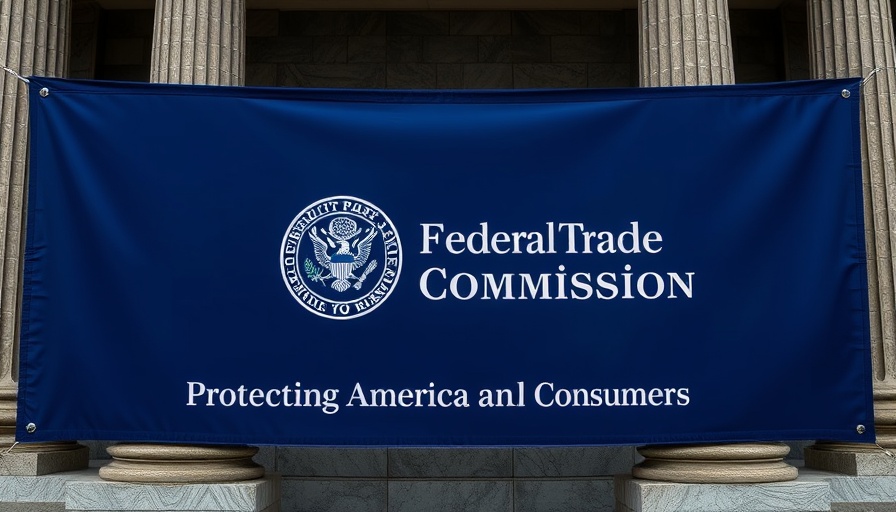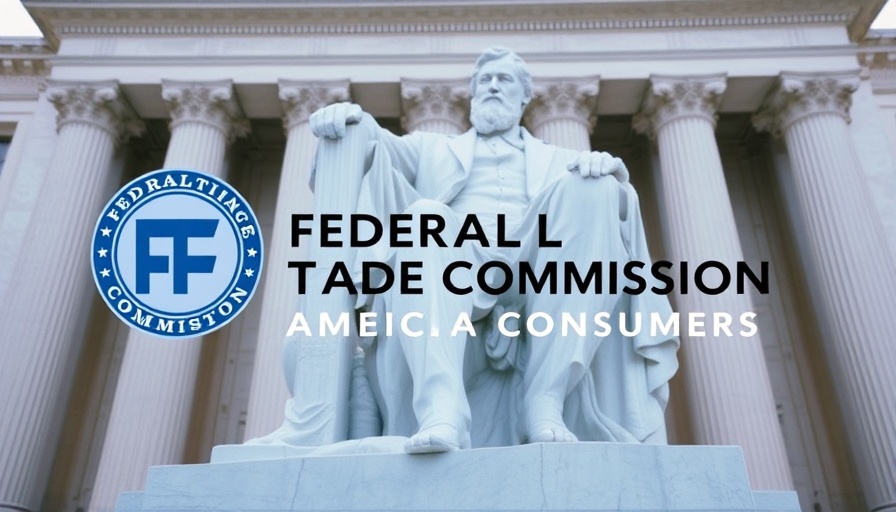
New FTC Regulations Impacting Ticket Reselling
As anticipation builds for the NFL’s 2025 season, a significant development has emerged in the ticket resale market. The Federal Trade Commission (FTC) recently issued a warning to StubHub, the leading ticket resale platform, emphasizing compliance with new regulations aimed at enhancing transparency and protecting consumers from unfair practices. This regulatory shift marks a crucial turning point for ticket resellers and their business strategies.
Why the Fee Transparency Rule Matters
The FTC’s recent Fee Rule, which took effect on May 12, mandates that all ticket prices displayed must include total costs without hidden fees. Chris Mufarrige, the Director of the FTC’s Bureau of Consumer Protection, confirmed the urgency of compliance, stating that misleading pricing practices are now considered unfair and deceptive. This initiative aims to prevent companies from capitalizing on ambiguous pricing to gain an unfair marketplace advantage.
What Does This Mean for Business Brokers?
For business brokers operating in the ticket reselling domain, awareness of these regulations is paramount. Ensuring that clients adhere to transparent pricing can mitigate potential legal risks and enhance consumer trust. It also presents an opportunity for brokers to engage in conversations about compliance and ethics with clients, potentially differentiating their services in a competitive market.
Future Implications for the Ticketing Industry
The FTC’s decision could reshape various aspects of the ticketing industry. Brokers must prepare for an environment where transparency becomes a critical selling point. If StubHub and similar platforms fail to adjust to these rules, they could face penalties and damage to their reputations. On the other hand, compliance can position companies favorably in a growing marketplace where informed consumers demand clarity and honesty.
As the NFL prepares to unveil its schedule and ticket availability increases, this regulatory landscape will play a pivotal role in consumer relations. Brokers who proactively address these changes stand to benefit by advising clients and ensuring compliance, ultimately fostering a healthier, more trustworthy marketplace.
 Add Row
Add Row  Add
Add 




Write A Comment